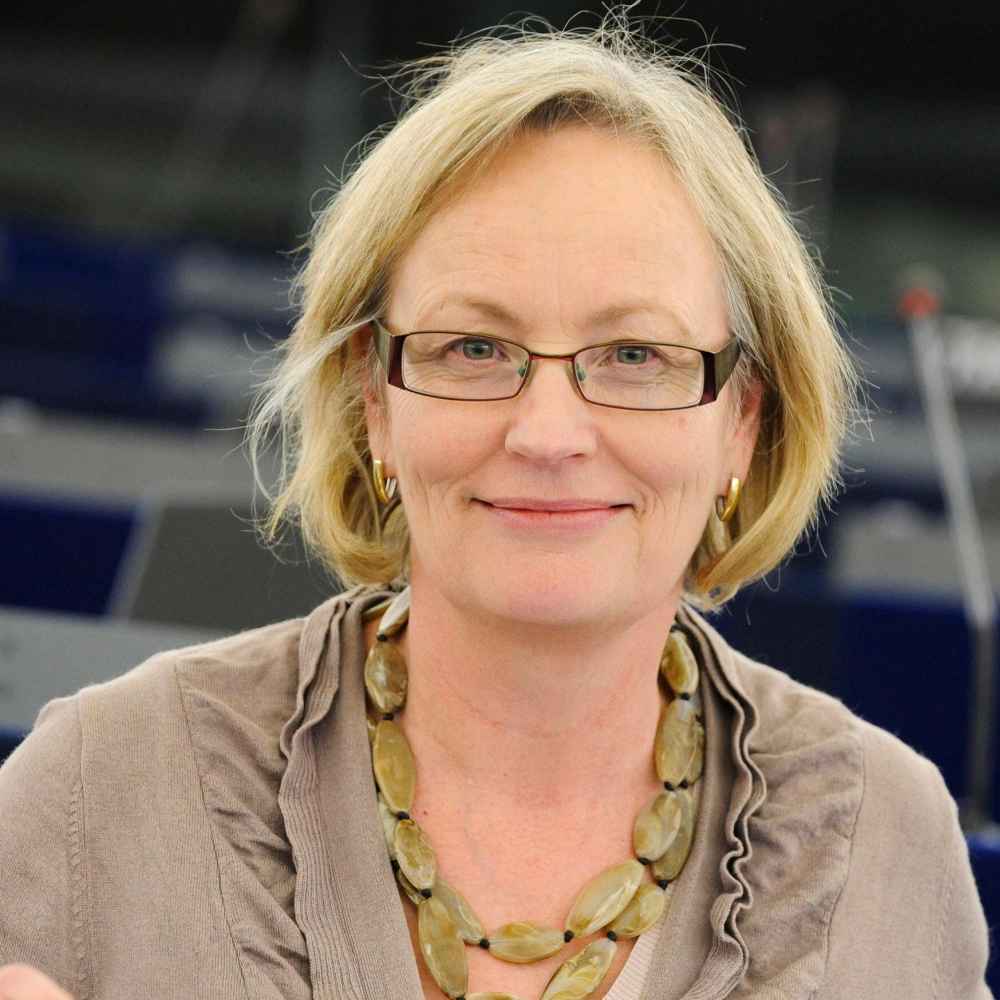
Leaving the EU will present 'huge challenges' as well as opportunities for the businesses and organisations that manage Britain's countryside, a high-level conference heard today.
Current European regulation and funding affected farming and the environment on a multitude of fronts - and detailed consideration would have to be given to what would stand in their place after Brexit, the audience heard.
The conference, titled What Next for the Countryside Post Brexit?, was organised by Julie Girling MEP, Conservative MEP for the South West and Gibraltar.
More than 100 delegates gathered at the Royal Agricultural University, Cirencester to hear presentations from representatives of the Cotswold Conservation Board, the Country Landowners and Business Association (CLA), the Royal Society for the Protection of Birds and the National Farmers Union, as well as rural strategist Richard Wakeford.
'Unfair and ineffective'
Mrs Girling, outlining the scope of the conference, said the Common Agricultural Policy (CAP) was expensive, unwieldy, unfair and ineffective in terms environmental protection.
She did, however, admit that it put £3.5 billion into the UK Treasury and something would have to replace it.
She outlined the current impact of the EU on the UK countryside and landscapes, including environmental legislation, pesticides, food safety and chemicals regulations, labelling, animal welfare, research, climate change and biodiversity.
Delegates heard a list of key issues which must be addressed post-Brexit including jurisdiction for enforcement, budgets for enforcement and grants, international competitiveness, trading relationships, the trans-boundary nature of policy and Government commitment to the environment.
'Dirty Man of Europe'
Martin Lane, Director of the Cotswold Conservation Board, said the EU had benefited the UK environment and recalled that before 1973 Britain was labelled the "Dirty Man of Europe" because of its pollution levels.
But he hoped that helpful regulation, funding and systems of administration could be replaced by something simpler, more flexible, but equally effective.
John Mortimer, South West Director of the CLA, warned: "The success of Brexit will depend on the success of the rural economy."
Nick Bruce-White, South West Regional Director of the RSPB, said one of the biggest benefits of Brexit which had already been seen was a coming together of environmental organisations to form the Greener UK coalition to co-operate over future policy.
Mrs Girling, a member of both the European Parliament's Environment Committee and its Agriculture Committee concluded: "It is not going to be easy - the EU will not make our exit straightforward, and we will have to negotiate long and hard to get the deal we need."
